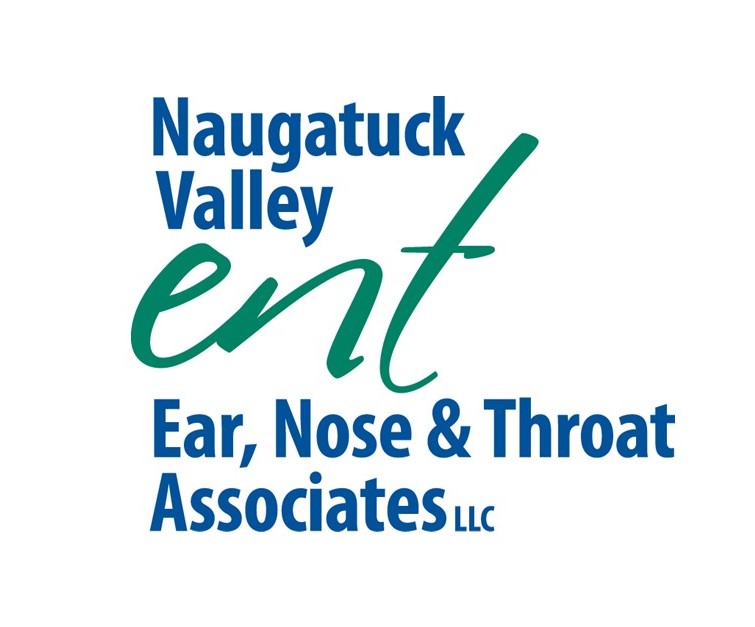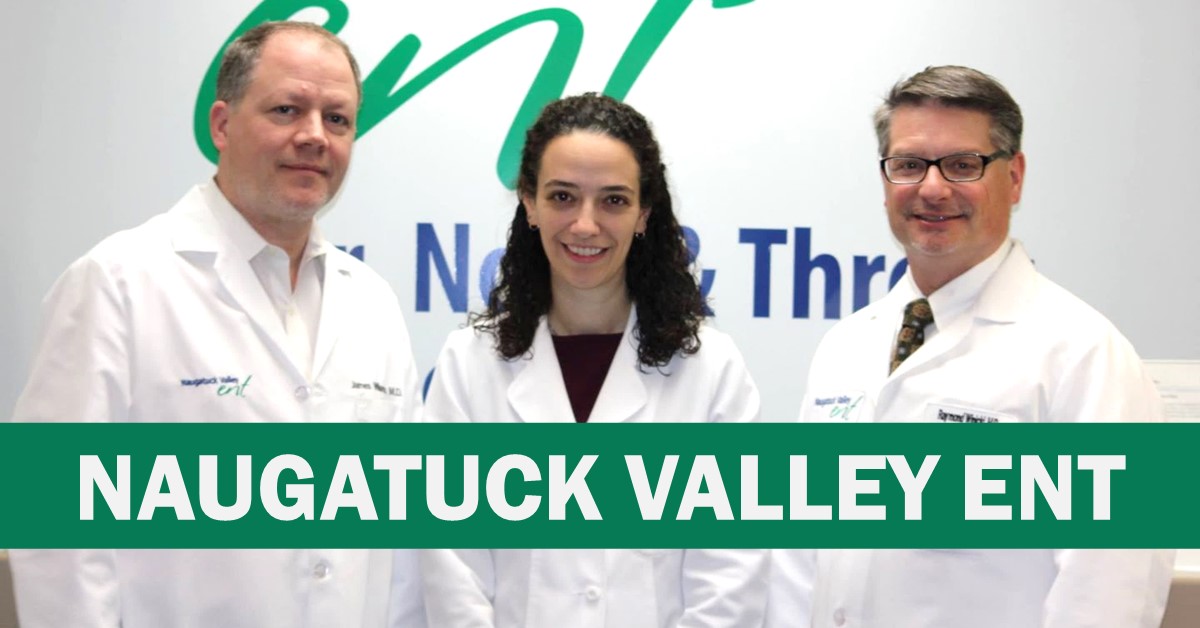Thyroid Nodules
A thyroid nodule is an area of abnormal growth within the thyroid. The thyroid is a butterfly-shaped gland located at the base of the front of the neck. It produces thyroid hormone, which controls your metabolism, temperature regulation, and keeps your muscles and organs working properly.
Thyroid nodules, which are particularly common in women, can be tiny to very large in size.
Diseases of the thyroid, whether functional (hypothyroidism, hyperthyroidism) or structural (nodule, goiter, cancer), occur very commonly. Some people have a single nodule while others have multiple nodules within the gland.
Most thyroid nodules are non-cancerous, do not cause symptoms, and do not need any treatment. In some cases, however, because of the size, appearance (on radiology tests), or symptoms caused by the nodule, additional evaluation and treatment may be needed.
What Are the Symptoms of Thyroid Nodules?
Because many thyroid nodules are small, they may cause no symptoms. However, some nodules can cause the thyroid to grow (called a goiter), some can be overactive and lead to hyperthyroidism, and some can be thyroid cancers. If patients do experience symptoms they may include:
- A lump in the neck
- Difficulty swallowing
- Pressure in the neck
What Are the Treatment Options?
Most thyroid nodules require no treatment. Depending on the type of nodule and related symptoms, different treatment options may be appropriate. In some cases, thyroid surgery is needed. Your endocrinologist or ENT (ear, nose, and throat) specialist, or otolaryngologist, may order or perform:
- Thyroid function tests, including thyroid stimulating hormone (TSH)
- Blood tests, or radiology examination
- An ultrasound to see the size and appearance of the nodule
- A fine needle aspiration (FNA) biopsy, which is a safe, relatively painless procedure. In this procedure, a small needle is passed into the lump, and tissue samples containing cells are taken and then sent to a pathologist for testing.
How We Can Help
We can help with your ENT medical issue at our Waterbury, CT office. Our board-certified doctors, nurses, and ENT specialists treat your condition and other ENT issues, including allergies, sinusitis, ear infections, balance issues, snoring, sleep apnea, hearing loss, speech & swallowing problems, and pediatric ENT. Please visit our Services page to learn about our services or call our office to schedule an appointment at (203) 578-4630.
What Questions Should I Ask My Doctor?
- What are the risks of thyroid surgery?
- Is it an outpatient or inpatient procedure?
- What kind of recovery should I expect after thyroid surgery?
- What kind of a scar should I expect?
- What kind of wound care will I need to do after discharge?
- What kind of pain should I expect?
- Do I need thyroid medication after thyroid surgery?
Copyright 2022. American Academy of Otolaryngology–Head and Neck Surgery Foundation. Last reviewed August 2018.


